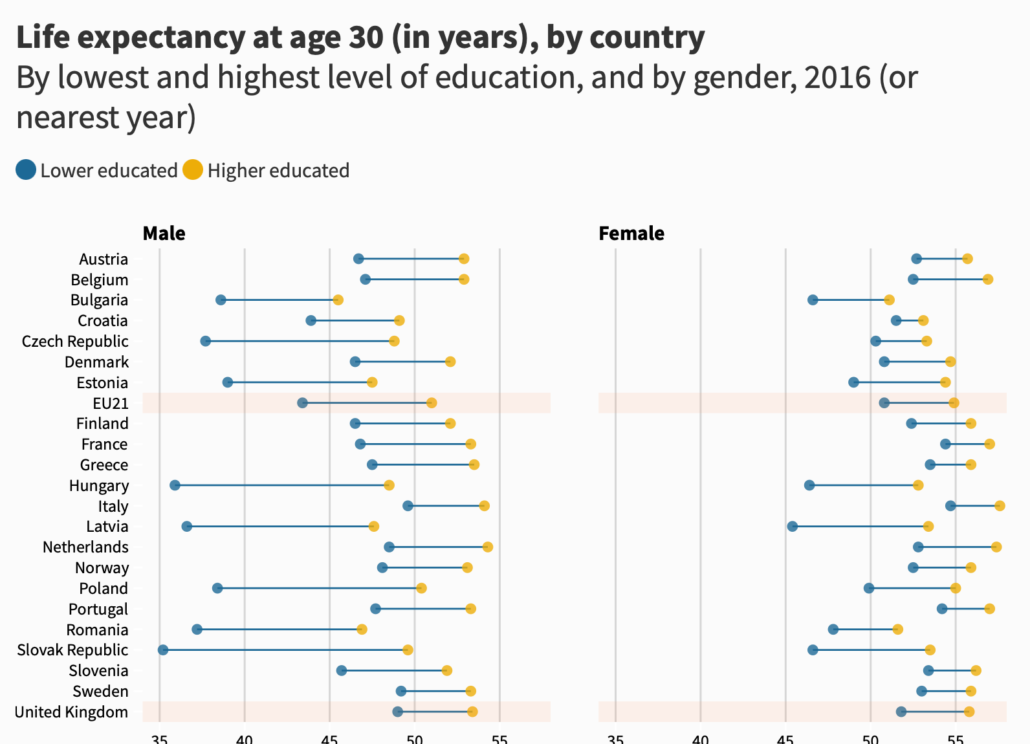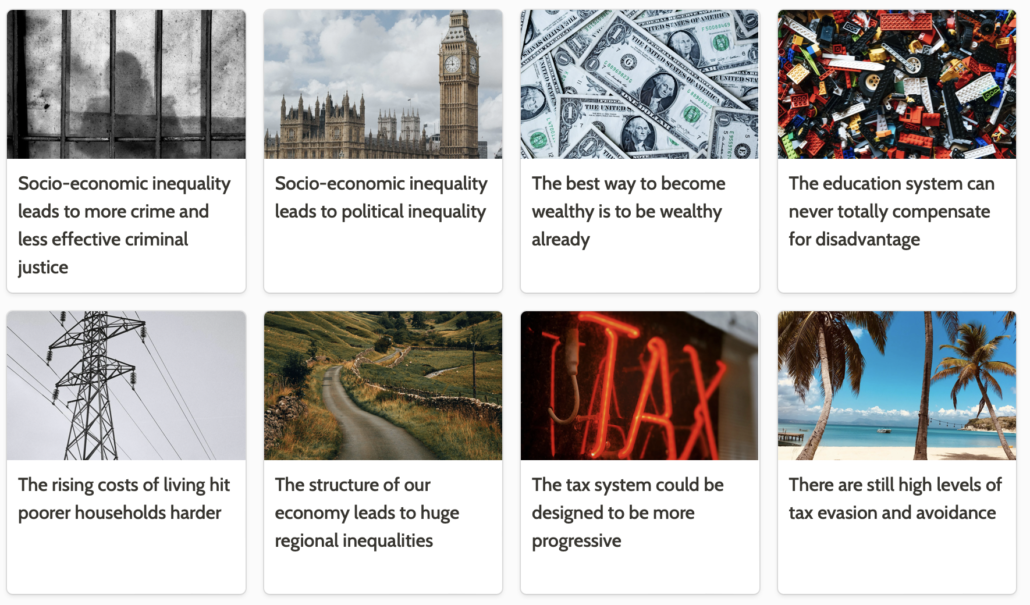by Will Snell, Chief Executive, Fairness Foundation
Fairness as a shared vision
Fairness is hardwired into us. Humans evolved by building large social groups that depend on fair co-operation and reward positive behaviour. Study after study shows that fairness is at the top of most people’s priorities for society in countries across the world. And fairness sits at the heart of the five ‘WEAll needs’ for building a better economy centred on wellbeing.
So why haven’t we been able to develop a shared vision of a fairer society and economy that can attract broad public support for building a wellbeing economy?
I think there are two problems. The first is that people have different conceptions of fairness, so it is easy for people debating fairness to talk past each other. Some focus on fair process, others on equal outcomes, others on equal opportunities. The second is that the idea of fairness has been used to justify actual or proposed policies that are clearly unfair (which I call fairwashing).
On the bright side, I also think that we can identify a common ‘landing zone’ to build a consensus. This is based on a broad recognition that economic inequality has become so extreme (with, for example, the richest fifth of the UK population owning almost two-thirds of the wealth) that we cannot pretend that we live in meritocratic societies of equal opportunity. The only way to make society fairer is to reduce inequality. Polling suggests broad support for this view, across political divides, in the UK and in many other countries.
Finding a common definition
There is an opportunity to use this common ground as a foundation to build a vision of fairness that attracts broad-based popular support. There’s no denying that fairness is a multifaceted concept. But that doesn’t mean it is impossible to define.
In late 2021, we published The Fair Necessities, which proposes a five-pointed definition of fairness:
- Fair essentials – Everyone should have their basic needs met so no-one lives in poverty, and everyone can play a constructive role in society
- Fair opportunities – Barriers that prevent people from having equal opportunities should be removed so everyone has a decent chance to succeed in life
- Fair rewards – Everyone’s hard work should be rewarded on the basis of their contribution to our society and economy
- Fair exchange – Everyone should contribute to society by paying the taxes they owe, and should be supported by society when they need it
- Fair treatment – Everyone should be treated according to need, and should enjoy equal respect and influence on decisions made in their name
These five principles are complementary; they aren’t mutually exclusive. They are popular, attracting support across political and demographic lines in polling we carried out in April last year. Underlying all of them is the notion that substantial levels of inequality are unfair. Unequal outcomes are only fair if there are equal opportunities, but very unequal outcomes in one generation lead inexorably to unequal opportunities in the next.
Measuring (un)fairness
In October we published the UK’s first ever Fairness Index. It looks at 15 indicators, three for each of the five ‘fair necessities’, to explore whether we live in a fair society, and how to make it fairer. For each, it looks at the gaps between rich and poor and between different groups, and the gaps between reality and public perceptions and preferences. It also compares the UK to other countries around the world (mostly EU or OECD countries).

In addition to exploring the nature of the issues through statistics, the index also tries to explain why these ‘gaps’ or inequalities have come about, what their consequences are, and how they interact with and reinforce each other – in other words, how and why they are unfair (see screenshot below).

The Fairness Index shows that wealth inequality is at the root of unfairness, for three reasons.
Firstly, its severity. Wealth inequality in the UK is twice as high as income inequality. The richest fifth of the population own 63% of the country’s wealth; the poorest fifth own 0.6%. Men have 40% more wealth than women. White households are four times more likely to have more than £500,000 in wealth than black African households.
Secondly, its causes. Most increases in wealth over recent decades have been ‘passive’ (driven by increases in the asset values of existing wealth) rather than ‘active’ (due to saving or other activities suggesting the application of talent through hard work). Inheritances play an increasingly important role in determining life chances and outcomes.
Thirdly, its consequences. Wealth inequality is a barrier to the achievement of all five of the ‘fair necessities’:
- It allows poverty to reach unacceptable levels, undermining fair essentials.
- It leads to educational and job market inequalities, undermining fair opportunities.
- It undervalues many forms of work, undermining the social contract and fair rewards.
- If not properly taxed, it weakens public services, undermining fair exchange.
- It leads to egregious inequalities across class, racial, gender, regional and generational divides across every aspect of society and the economy – from democracy and the environment to health and criminal justice – undermining fair treatment.
The Fairness Index suggests three priorities for building a fairer society in the UK, all based on the principle of fixing the broken markets that entrench wealth inequalities:
- Making jobs better (including action on low wages, job security and conditions, equal pay and opportunities, worker representation, and support for those unable to work)
- Making the essentials affordable (including housing and childcare as well as energy)
- Taxing wealth better (including reforms to property taxes, inheritance tax, tax reliefs and anti-avoidance measures as well as taxing income from wealth like income from work)
There is an opportunity to build a platform based on a shared understanding of the problems caused by excessive inequality and of some of the solutions needed to reduce it (rather than merely compensate for it). Fairness, properly defined and communicated, can help to build the broad and deep public support that is needed to build a wellbeing economy that is based on the needs of people, communities and the planet.
Will Snell is founder and chief executive of the Fairness Foundation. He is a non-profit entrepreneur who has worked in the UK and across the world on health, education, entrepreneurship and tax justice, including as the founder and chair of the campaigning group Tax Justice UK.
The Fairness Index is available online at https://fairness.org.uk. You can read more about the Fairness Foundation at https://fairnessfoundation.com, and sign up for weekly updates at https://www.faircomment.co.uk, or follow us at https://twitter.com/fairnessfdn.
the discussion?
Let us know what
you would like
to write about!
